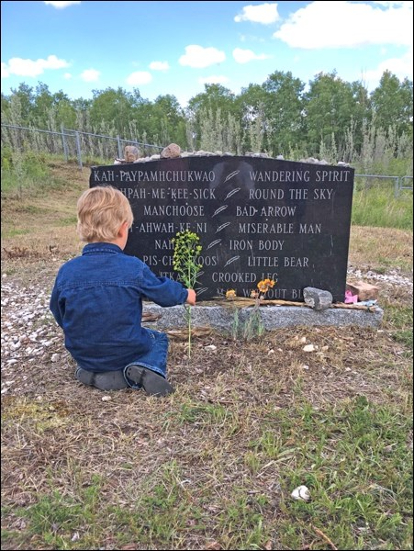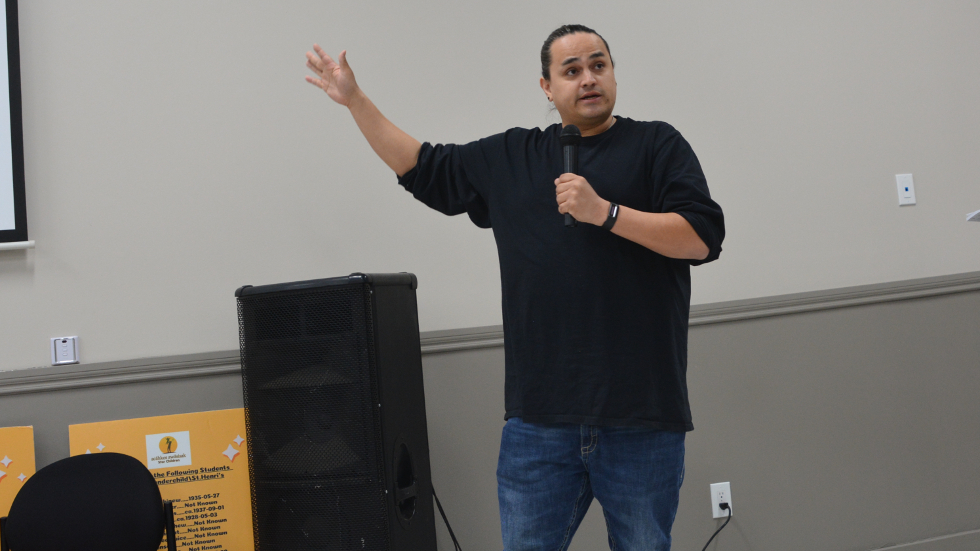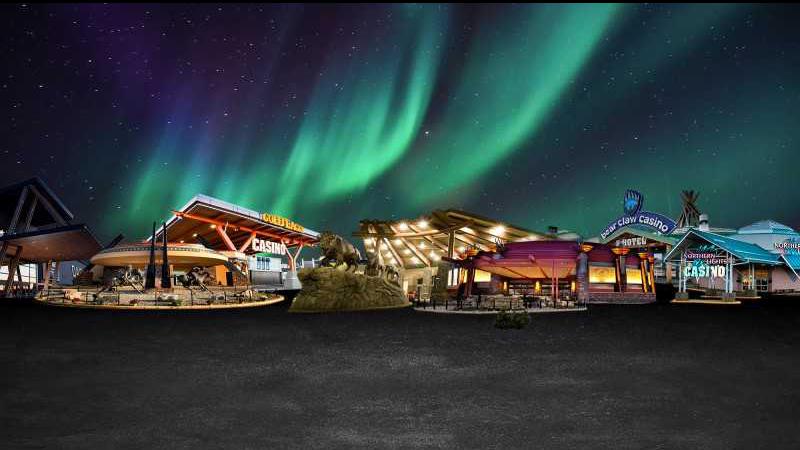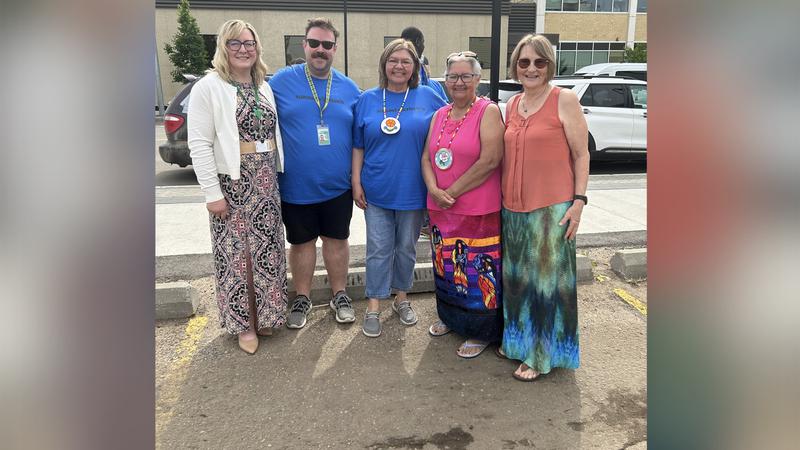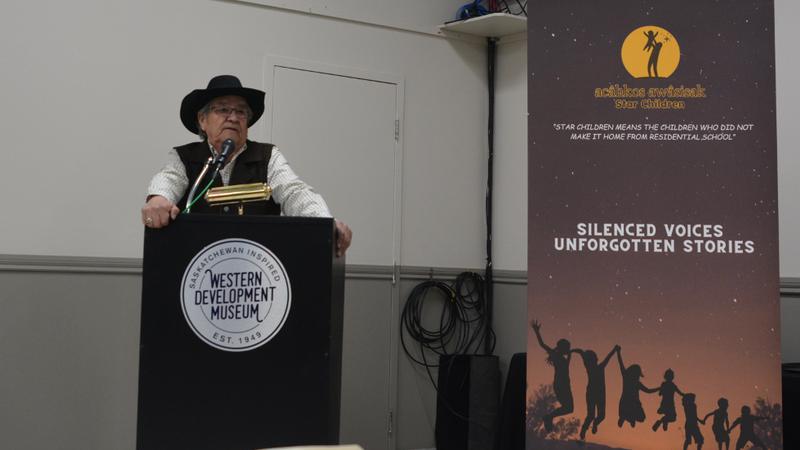
Stories of pain and perseverance shared at Residential Schools conference
Those who endured and survived some of Canada’s darkest moments in history came together for the start of a two-day conference in North Battleford.
The Battlefords Agency Tribal Chiefs Inc. (BATC) and the Acahkos Awasisak–Star Children project invited a number of guest speakers to attend the conference taking place at the Western Development Museum this week.
On Wednesday, Eric Tootoosis, of Poundmaker Cree Nation, shared the history of the Battle of Cut Knife Hill and the tragic hangings of eight Indigenous leaders that occurred at Fort Battleford in 1885, the largest mass hanging in Canadian history.
Each year a ceremony is held at the gravesite of the eight fallen warriors: Kah – Paypamahchukways (Wandering Spirit), Pah Pah-Me-Kee-Sick (Walking the Sky), Manchoose (Bad Arrow), Kit-Ahwah-Ke-Ni (Miserable Man), Nahpase (Iron Body), A-Pis-Chas-Koos (Little Bear), Itka (Crooked Leg), and Waywahnitch (Man Without Blood), to honour their spirits.

